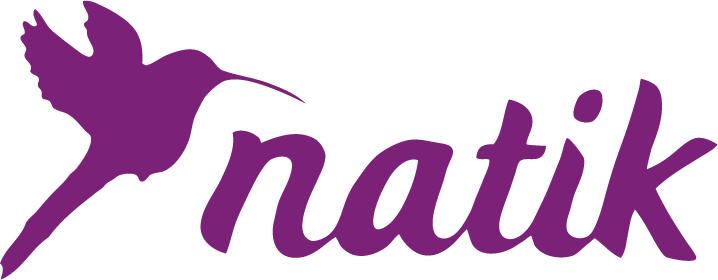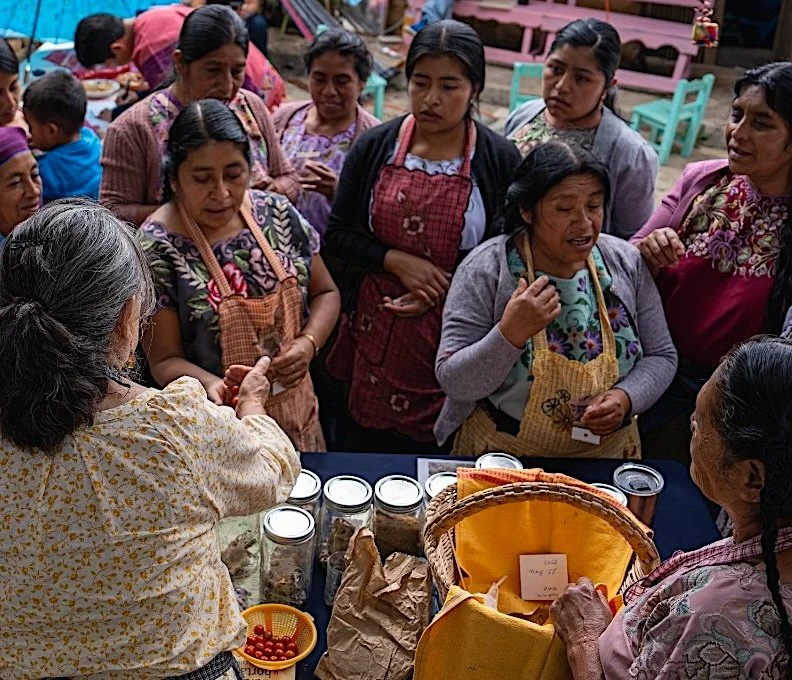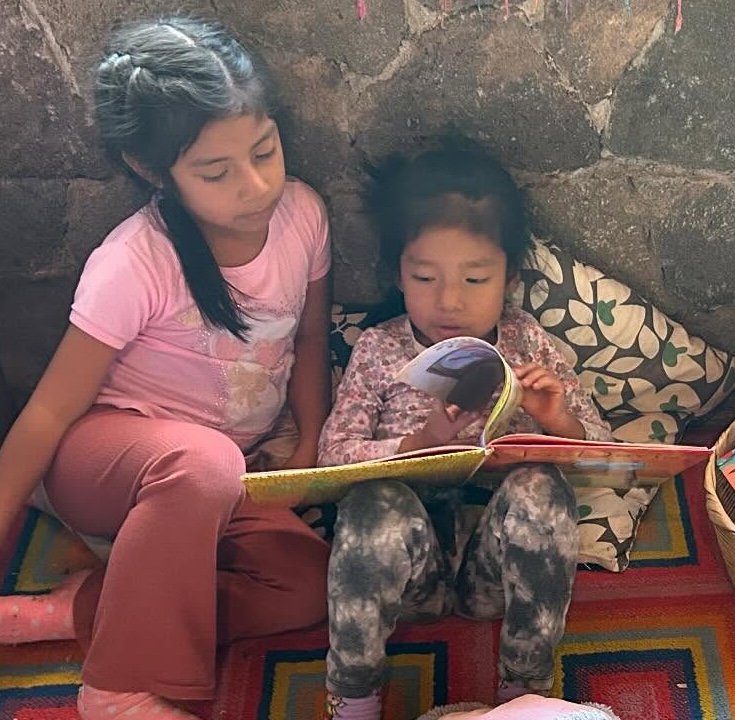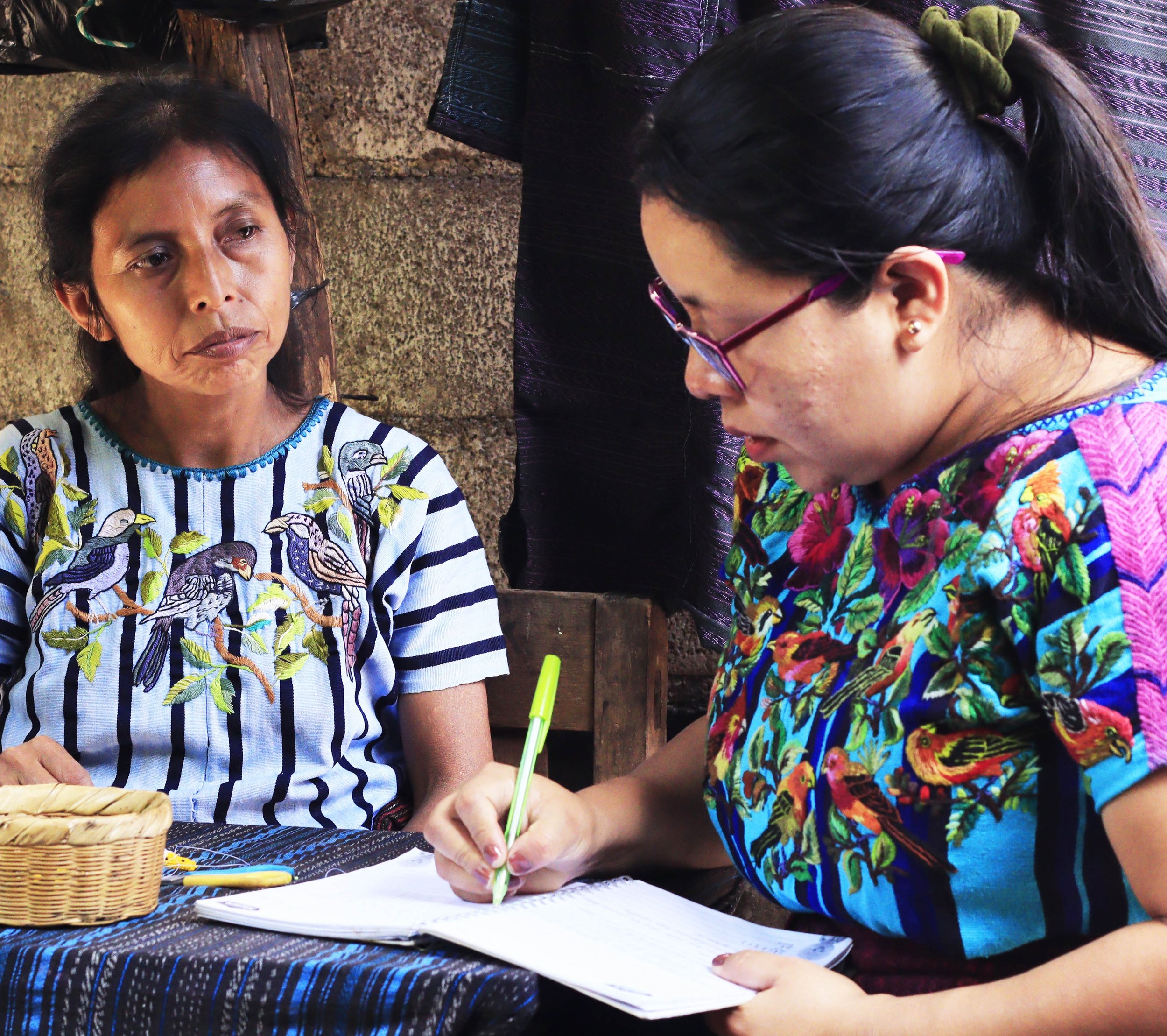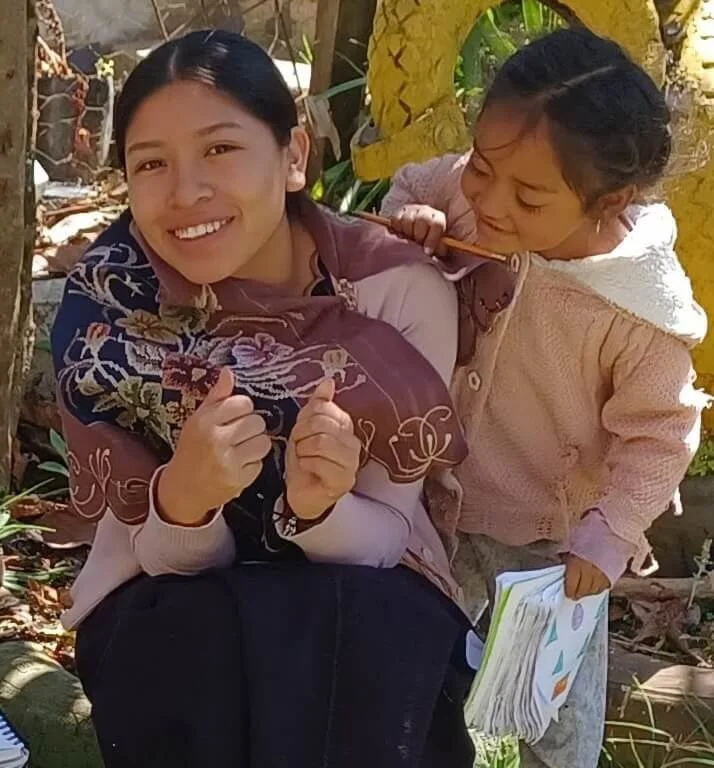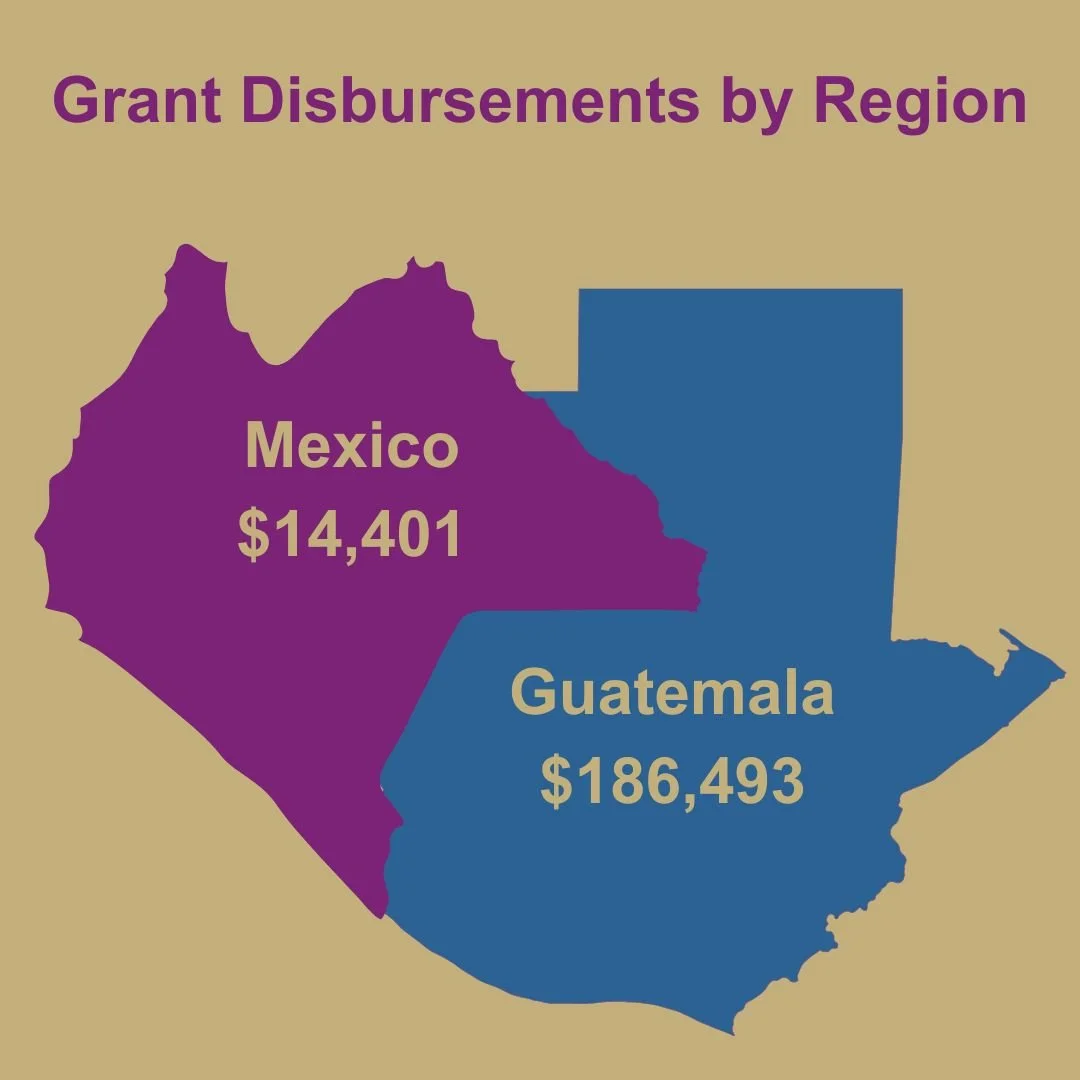STRENGTHENING COMMUNITIES
THROUGH EDUCATION, HEALTH, AND SUSTAINABLE LIVELIHOODS
Natik partners with grassroots organizations in marginalized communities in Guatemala and Mexico.
We provide flexible funding and organizational support.
Natik contributes to the elimination of extreme poverty through these mission-based strategies:
Education is the key to breaking the cycle of poverty. Through initiatives like the Ruk’ux, Pueblo a Pueblo, ANADESA, and the Yo’onik Learning Center, our partners’ programs support quality education and inspire a love for learning.
Education for Empowerment
Natik believes in community-based sustainability that goes beyond poverty relief. We empower visionary leaders to address the root causes of poverty in their communities.
Community Sustainability
Natik collaborates with community-based grassroots organizations that share information about nutrition, sanitation, and other fundamental health needs to underserved populations, contributing to healthier, happier communities.
Health and Family Well-Being
Natik believes in a world where even the most marginalized people have the tools to transform their communities from within. Every relationship is different because every organization is different
Grants and Accompaniment for Long-Term Impact
Theory of Change
COMMUNITY WELL-BEING IMPROVES WHEN GRASSROOTS ORGANIZATIONS HAVE THE SUPPORT AND RESOURCES TO IMPLEMENT LOCAL SOLUTIONS
We know that grassroots organizations possess the visionary leadership and ideas about what can work locally to confront the challenges of poverty and marginalization in their communities.
Through collaboration with our partners, Natik creates spaces for reciprocal learning and substantive change.
Smaller organizations often lack operational funding and support to develop their vision. Our partners are building culturally respectful structures and need platforms to share lessons. A deeper public understanding of challenges leads to more meaningful collaboration.
Since solutions are not one-size-fits-all, our partnerships are personalized to provide prioritized support, including:
Flexible grants.
Training in fundraising and project development.
Access to volunteers and knowledge sharing.
Actions to increase partner agency and voice.
Integrating evaluation insights.
Our Theory of Change
The well-being of communities is improved when grassroots organizations have the support and resources necessary to implement local solutions
SHORT-TERM
OUTCOMES: PARTNERS
Increased services in Education, Health and Sustainable Livelihoods
Partners share resources and knowledge in their communities
Improved organization to be stronger agents of change
INTERMEDIATE OUTCOMES:
PARTNERS + COMMUNITIES
Positive changes generated in their communities
Partners establish formal relationships and act collectively in their communities
Increased organizational sustainability
INPUTS: NATIK
Relationships, alliances, and networks
Non-financial support systems
Flexible funding
OUTPUTS: NATIK +
PARTNERS
Identify opportunities to improve internal operations, programs, and relationships
Funding + non-financial support for local solutions
LONG-TERM IMPACT:
COMMUNITIES
Grassroots organizations work in their communities in ways that are culturally pertinent
Community access to high-quality and lifelong Education, Health and Sustainable Livelihoods
Natik is committed to long-term relationships.
Regional and generational impact is often difficult to quantify numerically and can’t be measured solely in short-term gains.
Progress is not linear and change is not rigid.
Natik is small but mighty!
We value cultural connections and empower local leaders.
We support initiatives that bridge the education, health, and livelihood gap, emphasizing the importance of cultural relevance.
We’re contributing to long-term change by empowering local communities to lead and sustain their initiatives.
We are a 501(c)(3) non-profit organization.
GUIDESTAR
For more information about how we work, please visit Guidestar.
It’s a place where we describe our philosophy and process in ways that differ from those on the website.
